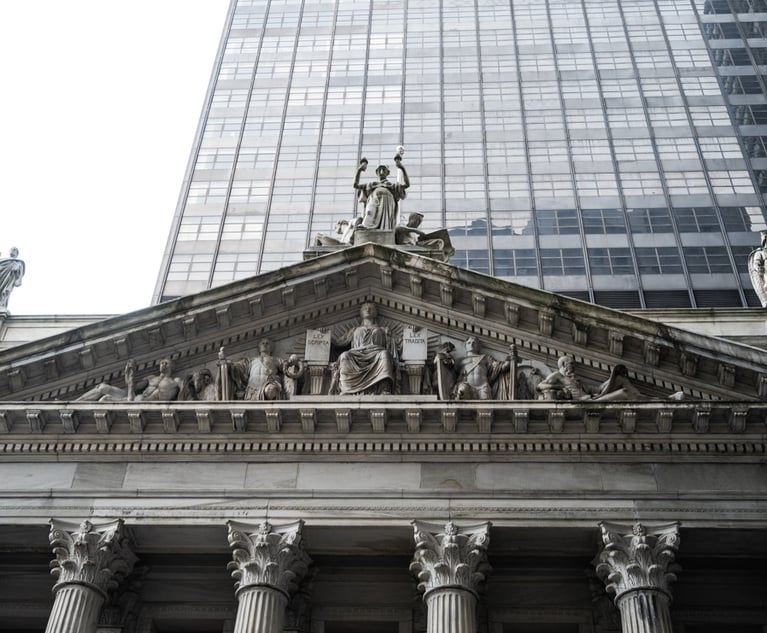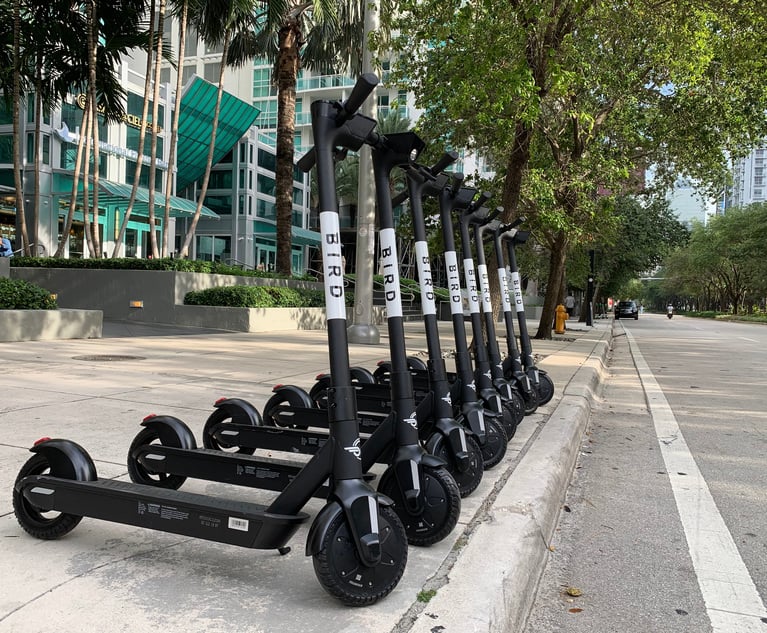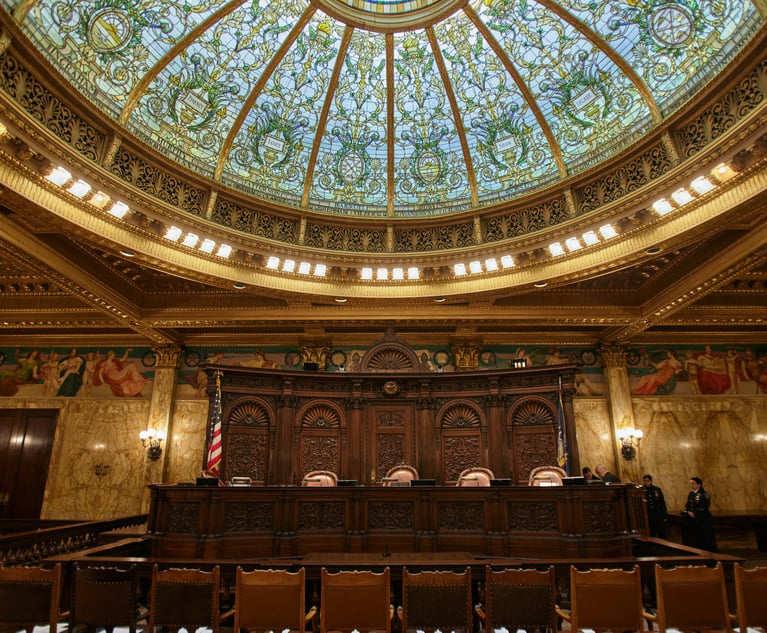The Eleventh Amendment preserves the rights of states to assert immunity from suits in federal courts. However, the sovereign immunity states enjoy is not absolute. The exceptions to that immunity generally fall into three categories: a state can expressly consent to suit in federal court by voluntarily invoking jurisdiction of the federal courts; Congress can abrogate states’ immunity from suit by unequivocally expressing its intent to do so per valid constitutional authority; and, by ratifying the U.S. Constitution, the states consented to certain waivers of their sovereign immunity. Section 106 of the Bankruptcy Code sets forth a listing of bankruptcy actions that are not subject to a state’s assertion of the sovereign immunity defense. Until Central Virginia Community College v. Katz, 546 U.S. 356, 378 (2006), issues relating to sovereign immunity of states in bankruptcy cases were generally addressed under the second exception of statutory abrogation. In Katz, the Supreme Court determined that the third exception to sovereign immunity could encompass the bankruptcy clause found in Article I of the U.S. Constitution and held that the waiver extends to property of the debtor and the in rem jurisdiction of the bankruptcy court.
The recent decision in Davis v. State of California (In re Venoco), 998 F.3d 98 (3d Cir. 2021) extends the third exception in reliance upon Katz to a claim for monetary damages asserted against a state agency in an adversary proceeding commenced by a litigation trust established under a plan of reorganization. The rationale of Venoco provides an analytical framework for assessing the extent of such waiver. In an era of increasing participation and regulation by various governmental agencies in businesses eligible for bankruptcy relief, the Venoco decision is an important development for assessing the extent to which a distressed business can address action by a governmental unit through a bankruptcy case.


 Corinne Ball. Photo: Jones Day
Corinne Ball. Photo: Jones Day




